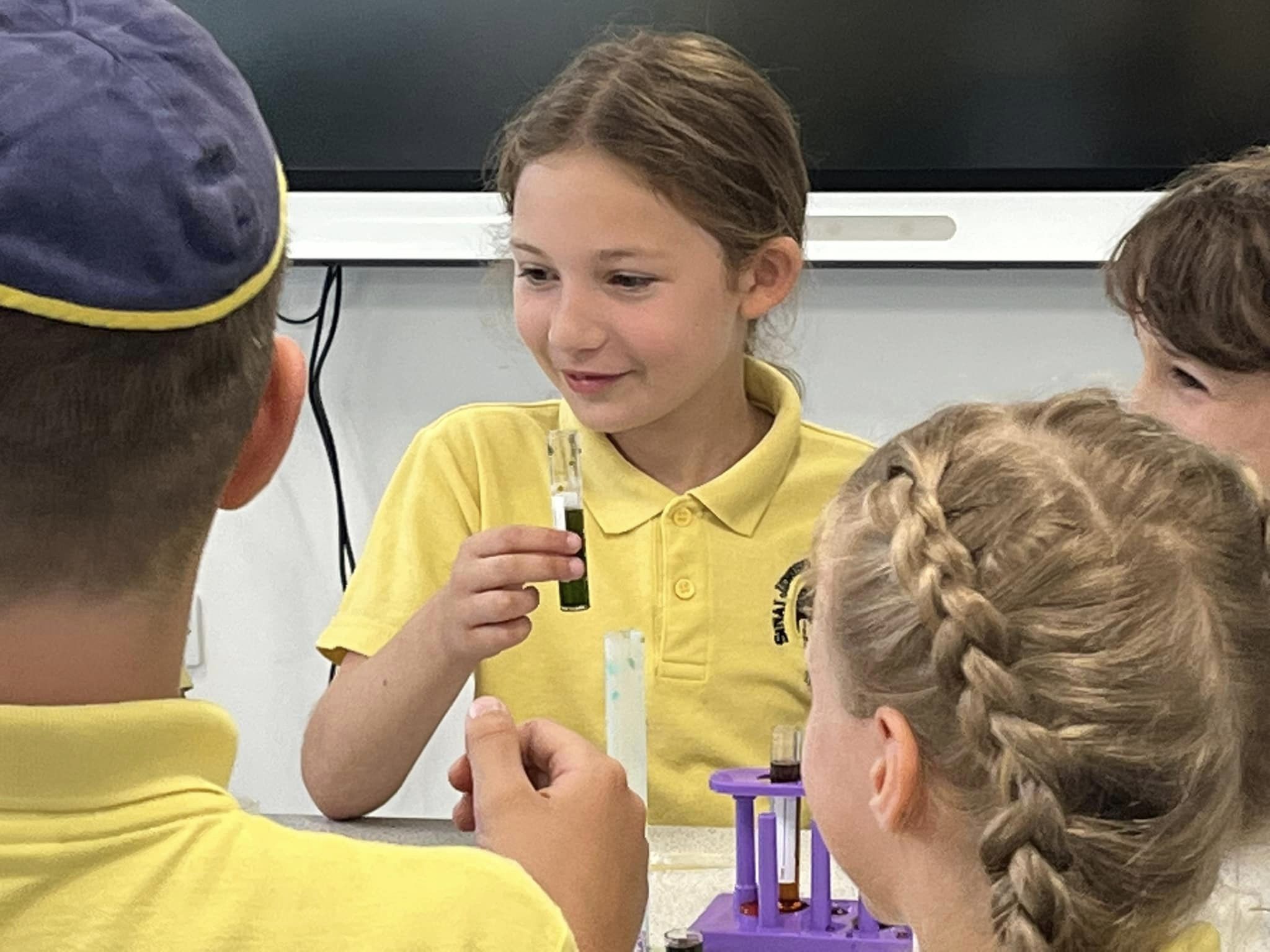
At Sinai, our goal is to nurture the next generation of independent scientific thinkers, instilling in them a boundless passion for understanding the world around them. We believe that science lessons should be a source of inspiration and relevance, where children not only demonstrate a genuine interest in the world but also develop the skills to explore it.
Our vision revolves around providing a hands-on Science curriculum that offers practical and exhilarating experiences. These experiences kindle curiosity and ignite the flames of learning, all within a stimulating and open-minded environment.
Within these foundations of knowledge, our children encounter key scientific vocabulary and become familiar with the five fundamental elements of scientific inquiry: pattern-seeking, observations over time, research, identification and classification and fair testing.
Consistent modelling and exposure to these five key elements will culminate by UKS2, empowering children to pose their own scientific questions, identify the most suitable inquiry for solving their queries, plan their investigations, make predictions and meticulously record their observations.
We also recognise that not all children will pursue careers in science or related disciplines. However, science literacy will influence their daily lives, from managing their health to understanding critical issues such as climate change. Our aim is to equip all children with the tools to be critical thinkers, innovators and creative problem-solvers, achieved through a rich and immersive science curriculum that emphasises exploration and investigation.
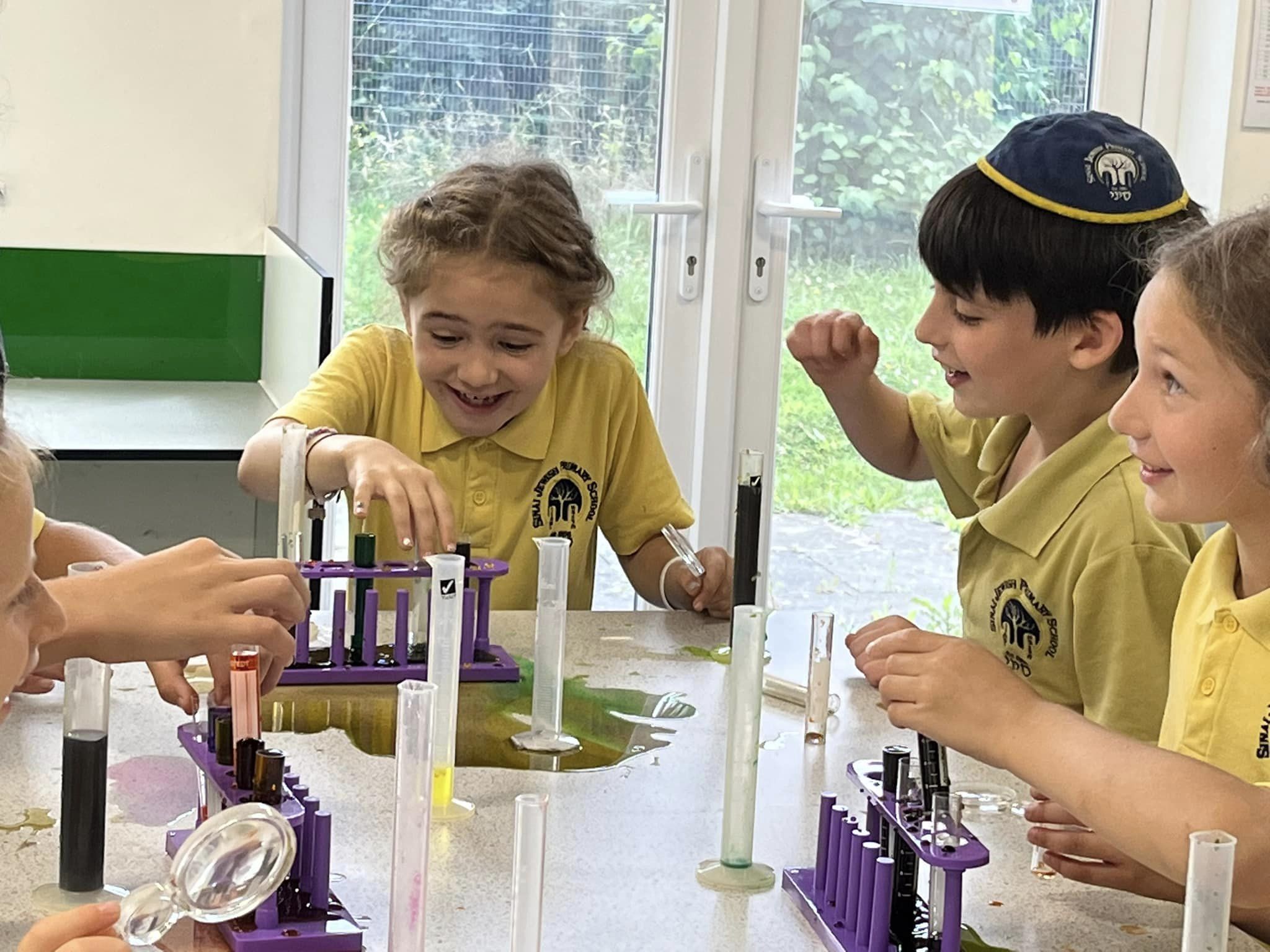

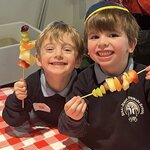
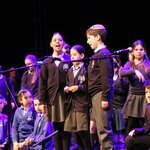
.jpeg)
.jpg)

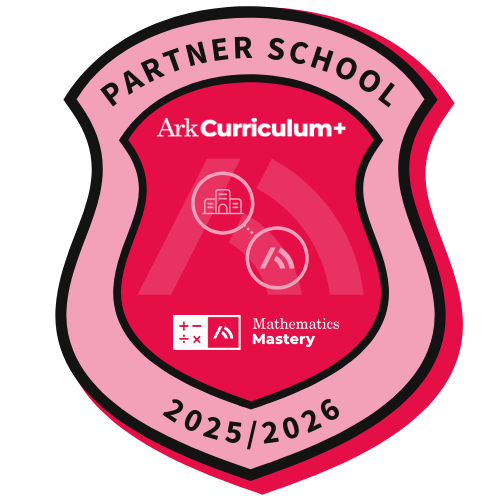
.jpg)
